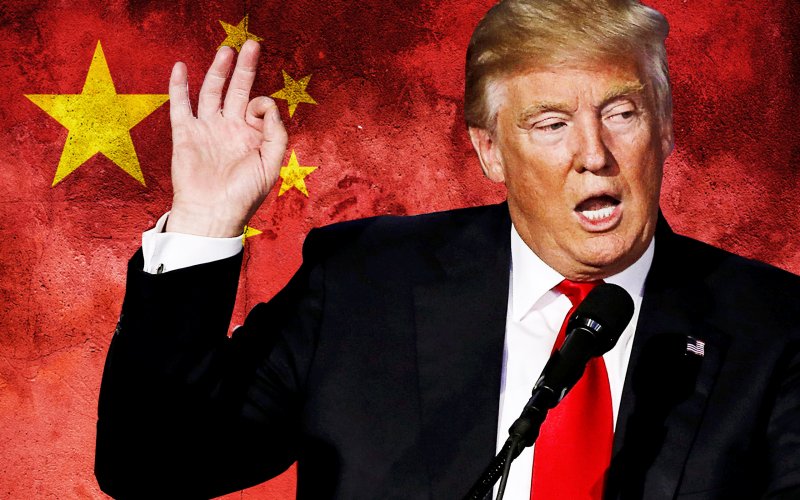
Aug 22, 2017
President Donald Trump signed an "executive memorandum" to direct the U.S. Trade Representative Robert E. Lighthizer to determine "whether to investigate any of

He Weiwen, Senior Fellow, Center for China and Globalization, CCG
Aug 18, 2017
President Donald Trump’s decision to solve intellectual property disputes with China with unilateral action is a mistake. Instead, the US should go through the existing WTO framework.
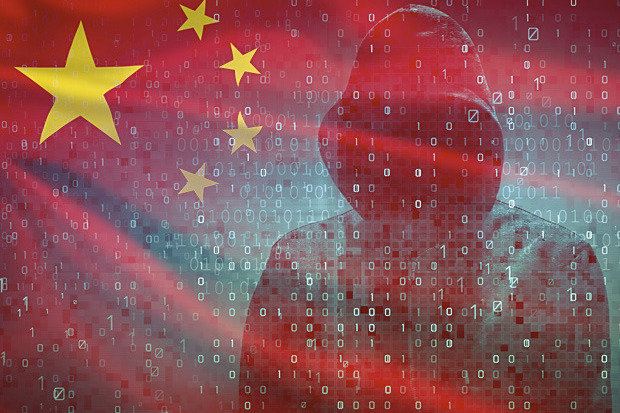
Rogier Creemers, Research Officer, Programme for Comparative Media Law and Policy
Aug 18, 2017
Donald Trump’s recent order to the United States Trade Representative to determine whether to launch an investigation against China concerning its alleged theft of U.S. intellectual property fail to make clear what the actual problem is that they are trying to solve. There are many things businesses can currently do already, while governmental processes are on-going. A sound corporate IP strategy will include non-disclosure agreements for businesses operating with Chinese partners or staff, thorough IP registration and documentation procedures, and aggressive litigation against infringers.
Aug 14, 2017
On Tuesday, the United States Commerce Department issued a preliminary decision to levy an import tax on shipments of aluminum foil from China. This decision co
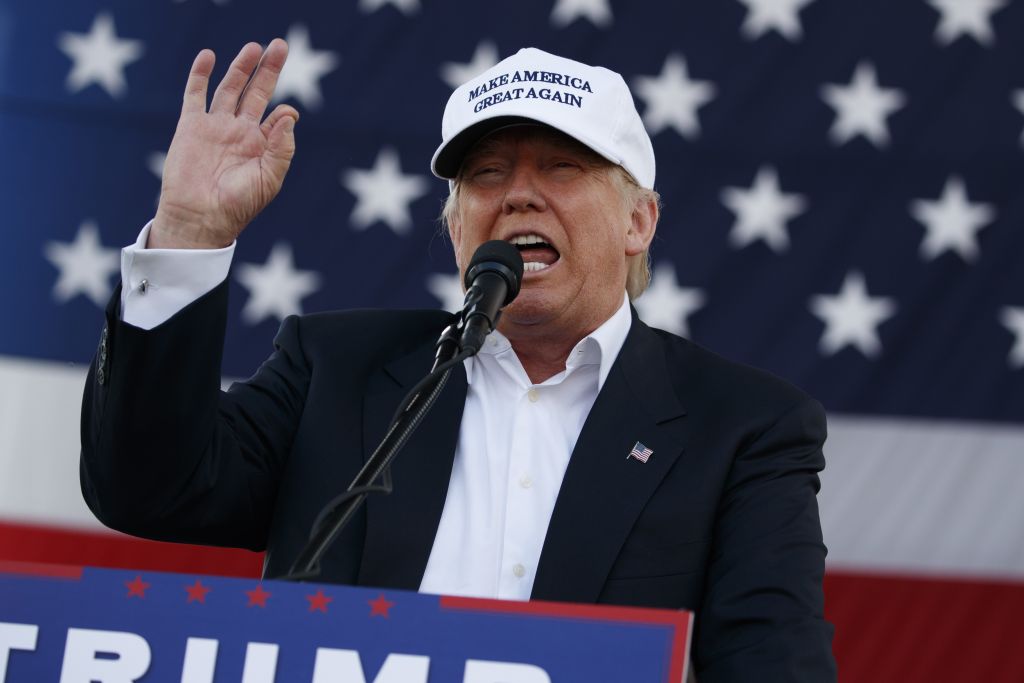
Zhang Monan, Deputy Director of Institute of American and European Studies, CCIEE
Aug 10, 2017
China-U.S. relations should not be confined by the so-called “trade balance.” Their relations should go beyond the 100-day action plan, and they should reassess and redefine the “economic balance.” By doing so, it will help lift China-U.S. economic cooperation and trade onto the track of “win-win” and sustainable development. Republican presidential candidate Donald Trump speaks Wednesday during a campaign rally in Miami. (EVAN VUCCI, ASSOCIATED PRESS)
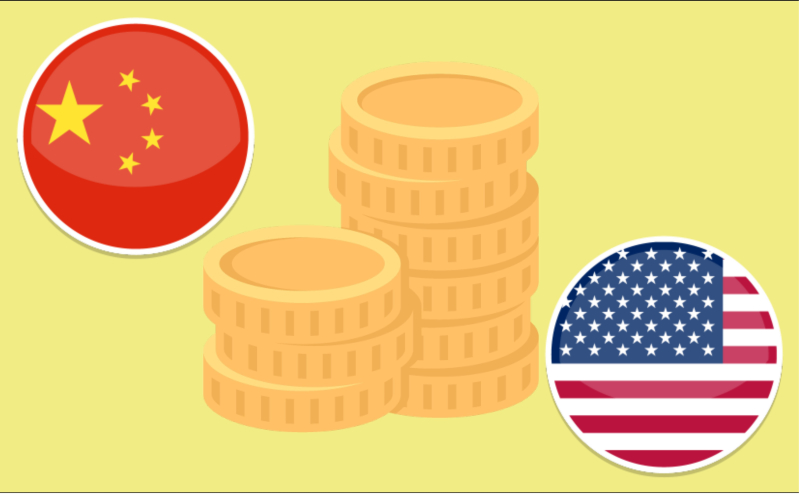
Yukon Huang, Senior Associate, Carnegie Endowment
Aug 07, 2017
In the near-term, the trigger for increased China-U.S. tensions might be foreign policy-related, for example, a hardening of positions on North Korea or a maritime incident. Or it could come from the U.S. taking more punitive economic measures.
Aug 07, 2017
This week, among the chaos of the Trump administration, talks of trade actions against China swirled after Reuters reported that Trump was expected to issue a m
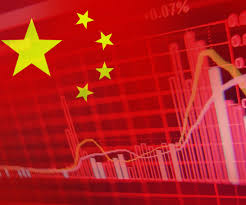
Niu Li, Director of Macro-economy Studies, State Information Center
Aug 04, 2017
Since the start of 2017, China’s economy has shown a stable recovery supported by the better-than-expected exports, high industrial reserves, and a hot property market. Even with financing difficulties and rising costs, it appears that China’s economy will continue to stabilize with improvement through the latter half of the year.
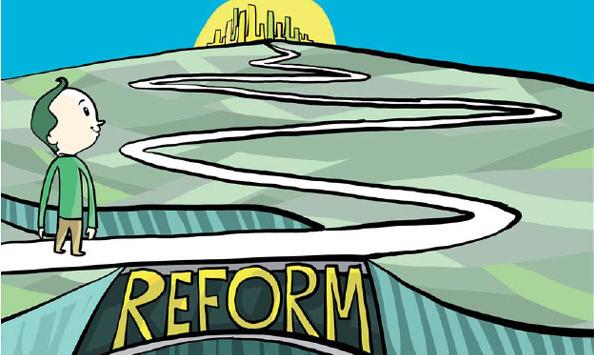
Qin Xiaoying, Research Scholar, China Foundation For Int'l and Strategic Studies
Aug 04, 2017
As Chinese State-owned enterprises experience a new phase of change due to an increased number of mergers. Experts and economists throughout the world are attempting to explain the significance of this new phase. However, to place these mergers in the proper context, it is prudent to first examine history and understand the past stages of this country’s SOE reforms.
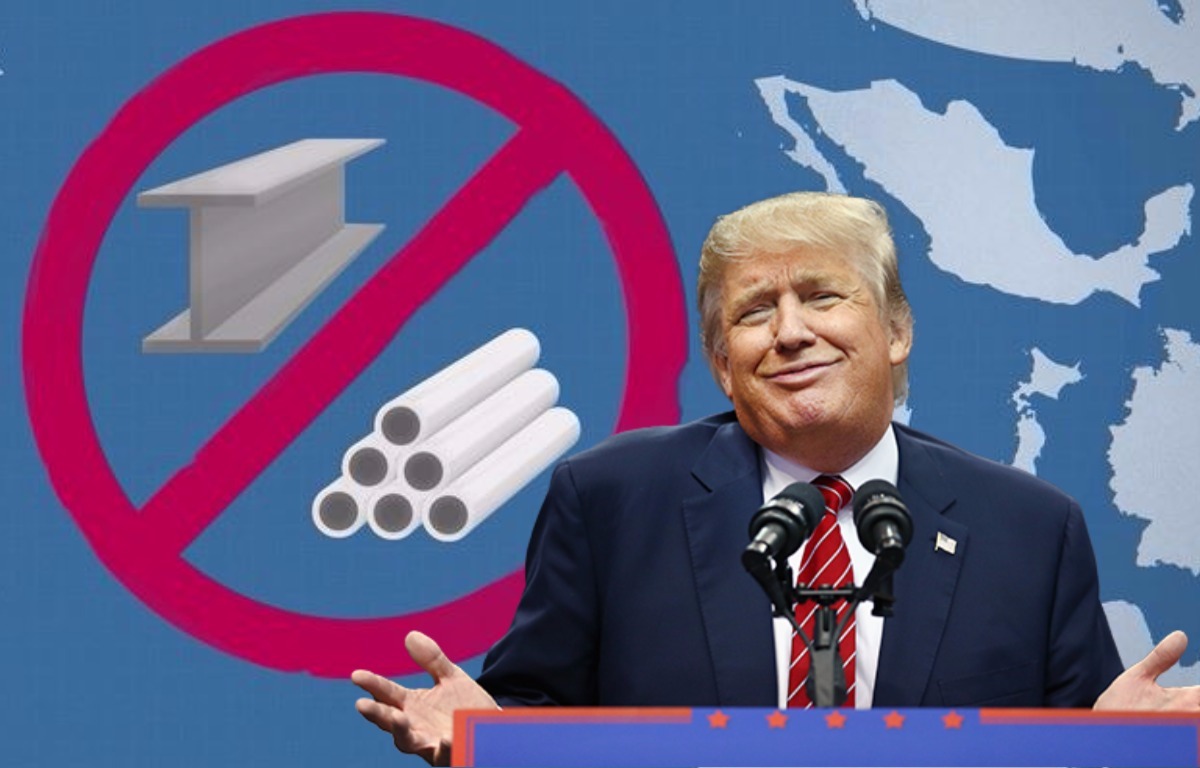
Yu Xiang, Senior Fellow, China Construction Bank Research Institute
Aug 04, 2017
Recently, the Trump administration continuously sends out signals that it is considering to make a final decision on the Section 232 investigations into steel, claiming some steel imports are threatening the US national security and hinting to impose barriers to limit steel import, and that the final and exact tariffs or quotas will depend on negotiation results with related countries.
Back to Top

- China-US Focus builds trust and understanding between the U.S. and China through open dialogue among thought leaders.
- Our Offerings
- Topics
- Videos
- Podcasts
- Columnists
- Research Reports
- Focus Digest
- Stay Connected
-
Thanks for signing up!
- Get the latest stories from China-US Focus weekly.